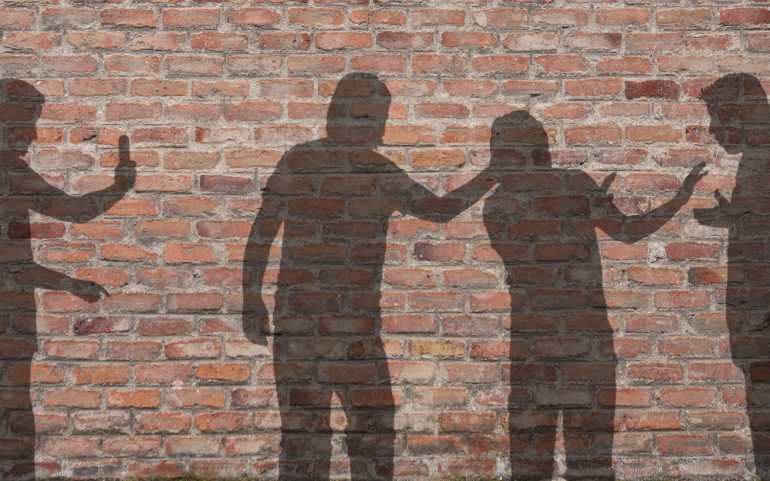When RubySam Youngz became a victim bullying at the age of ten, in her final year of elementary school, she felt alone and confused. She had just moved with her family from England to Wales and the man who targeted her used her accent as a "tool" to torture her. Then they started making fun of her for her appearance. "It didn't make sense to me," she says. "I was in a new place, I did not know anyone, no one liked me and I really did not know why."
Youngz says that the incessant bullying, which did not stop even in high school and high school, marked her for life. To manage the torturous situation he started smoking and drinking. At 46 today, she managed just one year before coming to terms with the effects of bullying on her.
"I felt that if no one liked me, I did not like myself either," he explains.
Her experience highlights a painful truth. Children, despite their innocence and inexperience, can become the worst bullies. Their actions, probably because they have not yet incorporated into their value system the social norms we all learn in our lives, can be ruthless, violent and shocking. And cause their victims lifelong complications.
The first question is how does a child become a bully?
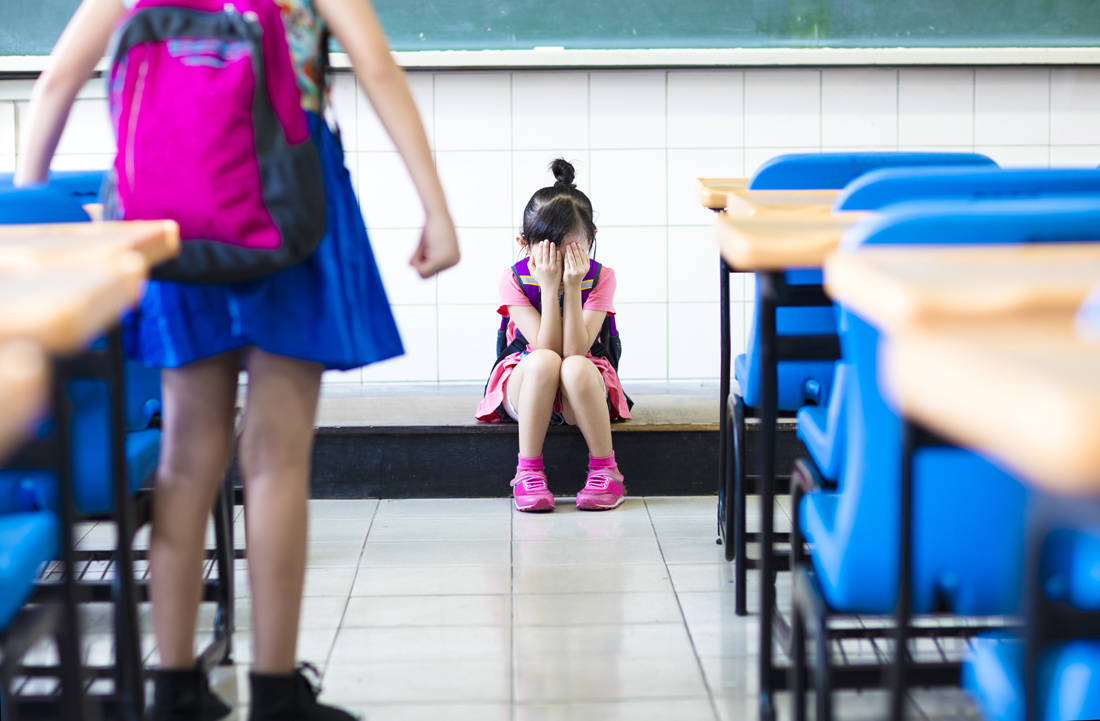
"Most of the time, in the field of research, we thought there was only one type of bully: A very aggressive child with self-esteem issues, coming from a violent or indifferent home," Dorothy Espelage, a professor of education at the University of North Carolina, told the BBC. . Now this picture seems to be changing.
The definition of "bullying" adopted by researchers describes a form of aggression between individuals or groups of individuals with different levels of power. It does not, however, include the horrific price of bullying to its victims or the intricate reasons why people become bullies. However, the key role played by the difference in power levels is widely accepted.
"You can intimidate me. You are popular, I am not, this difference in dynamics makes it difficult for me to defend myself ", Espelage explains. It's their role for children whether there is domestic violence or aggressive siblings, but they are not the only factors, he adds. Children who grow up in violent families but attend schools with anti-bullying programs and an atmosphere of mutual support may not end up in intimidation.
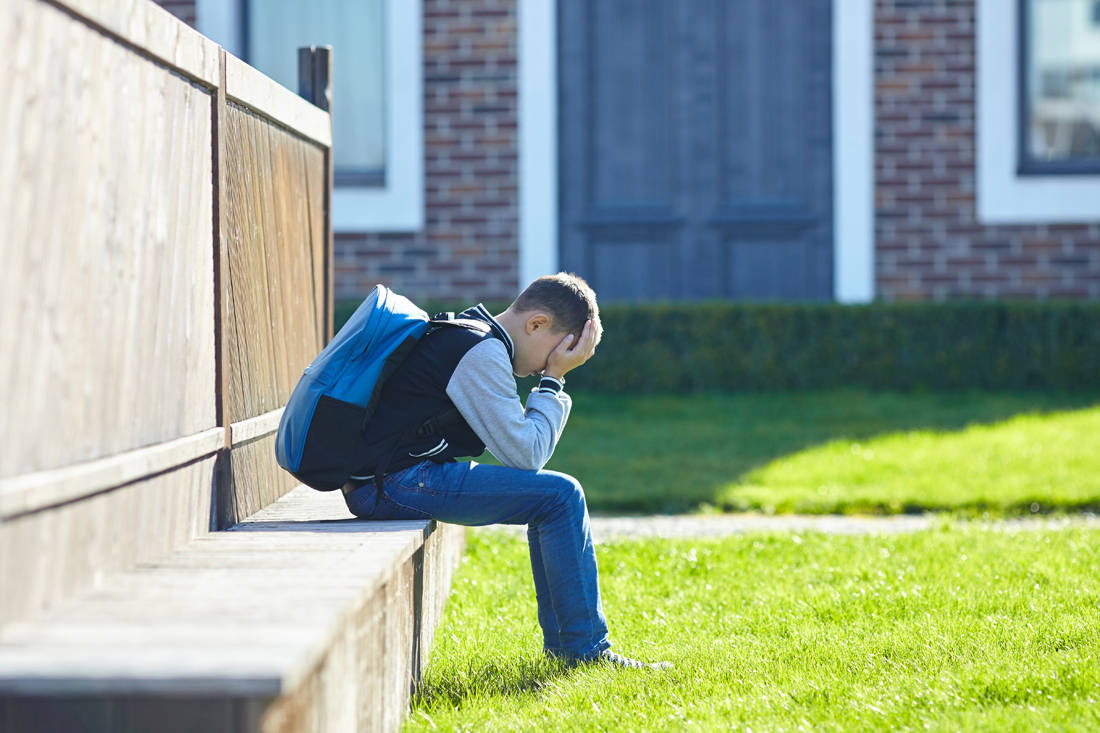
In recent years, the image that experts paint of a "typical" student - bully has changed. In addition to the "known" type of man who openly and unabashedly expresses his aggression, another "form" of him is now recognized. Children in this category have better social skills, are often charismatic and like teachers. In other words, far from the stereotype of the slightly lazy "bully", his more advanced version can resort to or reject bullying depending on his needs each time.
"Socially dominant bullies want to be the leaders of the crowd," Espelage explains. "And the way to do that is to push other kids down the hierarchy."
This position is supported by other researchers, noting that many times the school bullying it has more to do with the perpetrator than with the victim. In a survey of students in Italy and Spain, participants were asked to take part in an exercise that involved thinking about a bullying scenario from the perpetrator's point of view. The researchers also gave the children a questionnaire inviting them to categorize the other participants as either bullying, victim or outsider.
Children who were labeled "bullies" were more likely to react to the alleged bullying incident by focusing on the perpetrator's point of view (saying things like "I would feel great because I would have other children's attention") or showing little empathy ( I think "and" I would be indifferent because the victim does not suffer ").
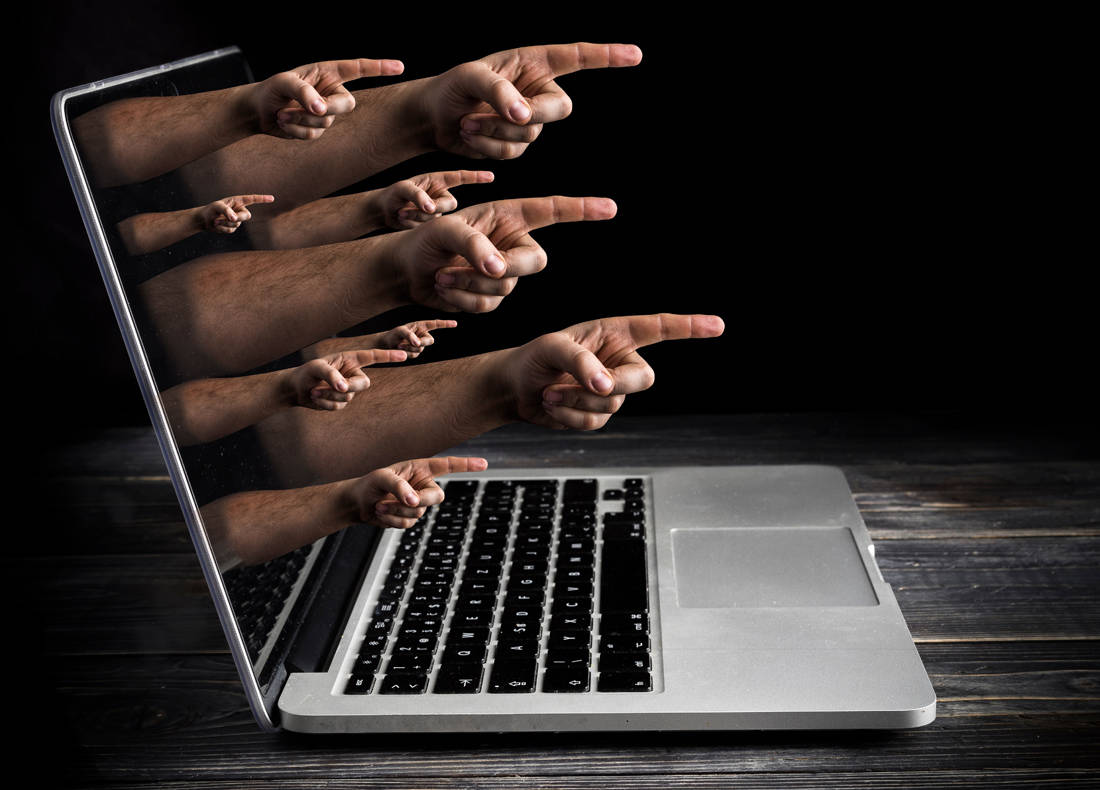
But bullying itself has taken on new forms in recent years. A common feature of his previous definitions was the repeated aggression against the victim. But in the internet world we live in now, this feature is being mitigated by the huge impact that even a single cyber-bullying incident can have.
"Is there a reason to make the same move twice, when you have posted something and it has reached a million people?" Espelage wonders. "Probably not".
In fact, the fields of school bullying and cyberbullying are so broad that some researchers say they are evolving into one and the same - especially now that children often have cell phones in their classrooms. "In my research we found that bullies often continue to harass online," says Calli Tzani-Pepelasi, a psychology lecturer at the University of Huddersfield. "They may sit side by side but they prefer to intimidate each other through them social media, as in this way their actions become known to many more people and thus they have a wrong sense of "glory".
In addition to what leads a child to bullying, a crucial question is and should be asked if one finds that one's own child is what intimidates other children.
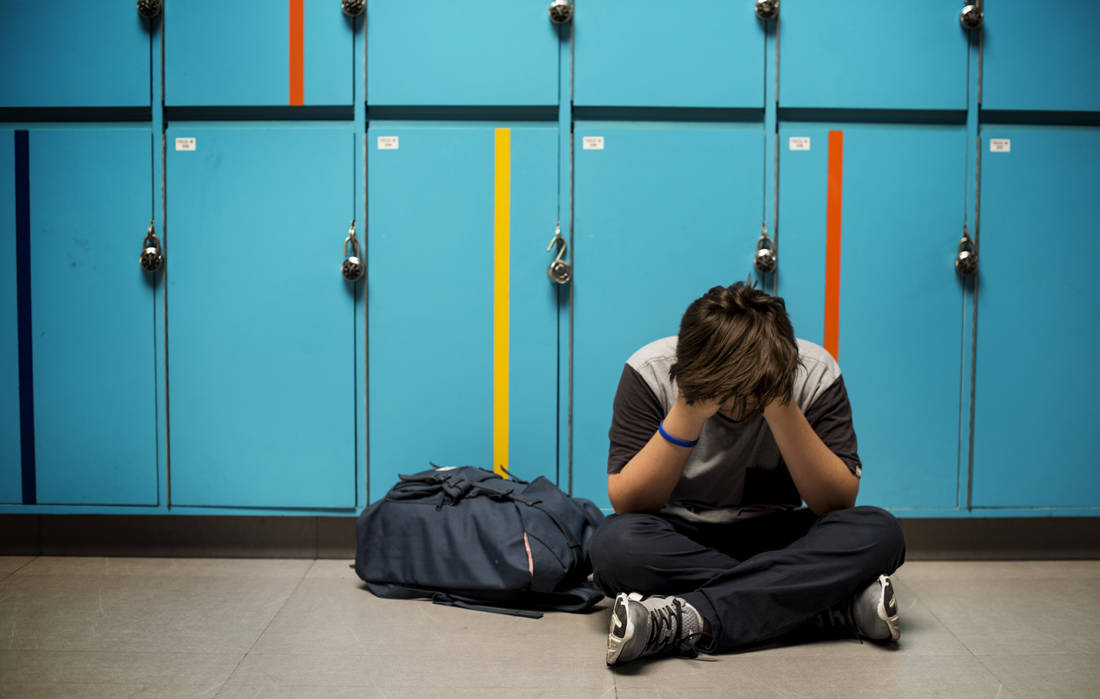
A good first step in finding out why a parent chooses this behavior is to look for the depth of their motivation. "If someone told me that my child adopts such behaviors, I would like to say to the child: 'ok, what do you gain from this attitude? "Why are you doing this?" Says Espelage. "It could also be that the child is in a school where they expect him to do the same!"
A second move is for the parent to think about whether their own actions can affect their children. "For some parents, it is possible that their own interpersonal relationships are reflected in the child's behavior," he adds.
One way to deal with school bullying can be a system of "mutual support" with younger students being "taken care of" by their older classmates, who help them get started. school.
"The fact that younger students have the opportunity to copy the right behavior from older students" is one of the advantages of this system, says Tzani-Pepelasi. But having a supportive school environment in general is also important in tackling bullying. "It takes a lot of perseverance and consistency from the teachers and the rest of the staff in general, as without them the system can not work," he clarifies.
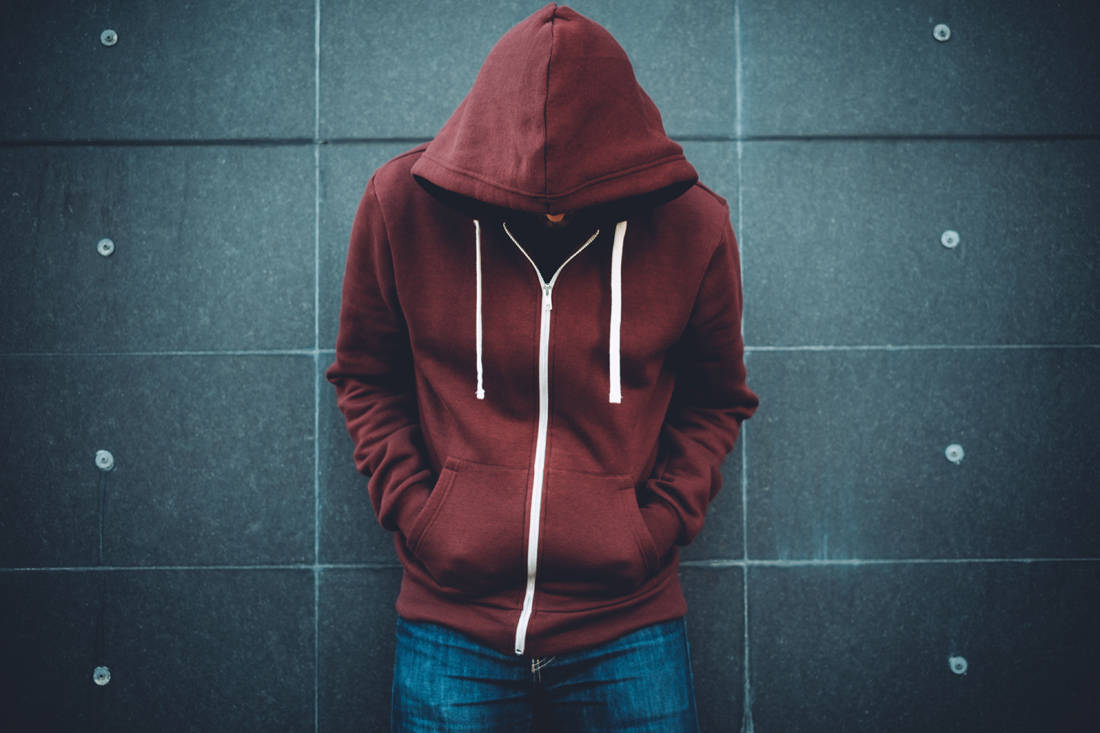
Espelage agrees that a strong relationship between teachers and children is key to the bullying case. "What we know from our research is that in schools where attention is paid to bond development, where it is ensured that every child feels belonging to that school, there is limited bullying," he says.
Often, however, this support is lacking. In 2014, Espelage and colleagues published the findings of a five-year study that highlighted a troubling link between bullying and sexual harassment in schools. Research has shown that bullying among younger children often involved homophobic abuse that escalated into sexual harassment in later school years.
But the children involved in sexual harassment, both perpetrators and victims, often did not seem to understand how serious these incidents were, probably because teachers did not intervene to prevent or stop them.
"This constant aggression from bullying to homophobic characterizations, sexual violence, adolescent sexual violence, is real," Espelage explains.
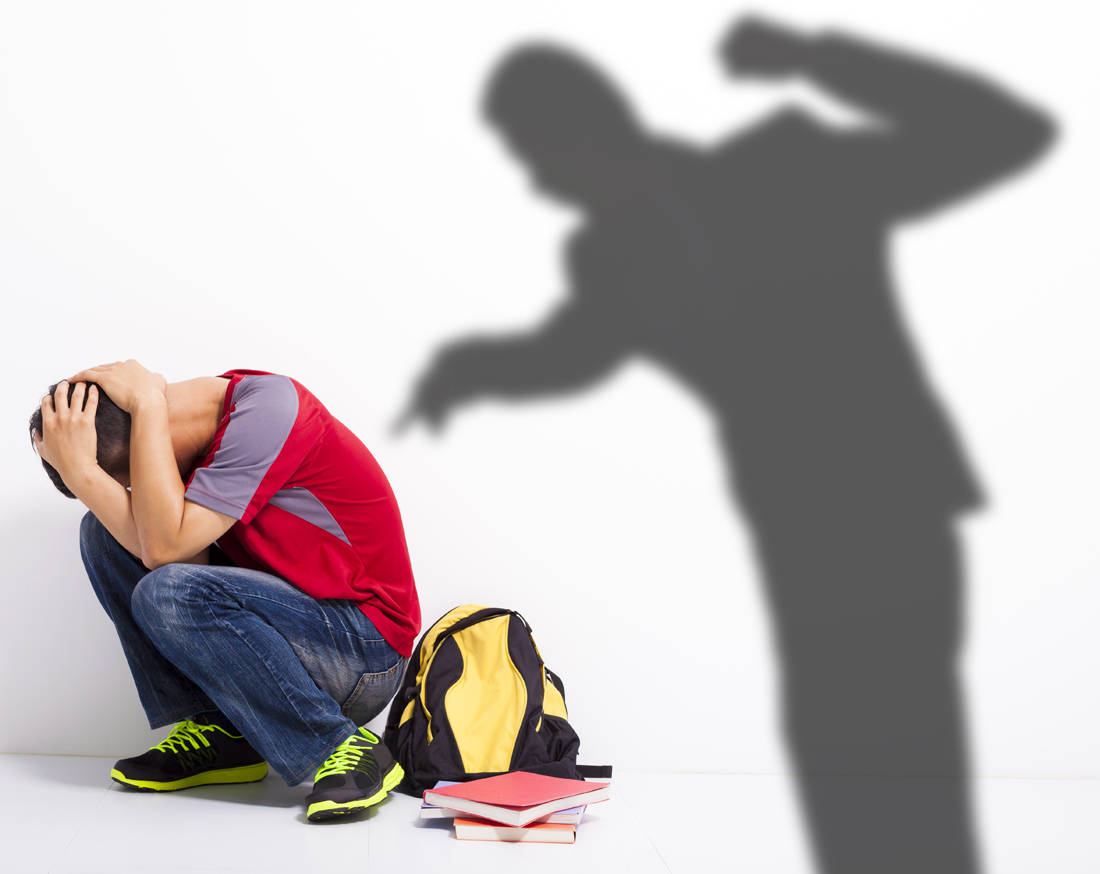
Kim if bullying is in some cases an embedded school behavior, it is a question of what happens when school ends. According to Espelage, some of the bullies abandon this pattern or find another way out. aggressiveness their. But not all. "I would say, based on my experience, how some of the school bullies choose professions in which this kind of behavior works, such as police officers, university professors, lawyers.
The saddest part is that the impact of bullying on victims, no matter what the perpetrators do, usually does not end with school life. It can often last for decades, causing significant physical and psychological health problems. Youngz now specializes in mourning management and hopes to be able to help other people who are experiencing similar losses.

"Bullying is related to this because it caused the loss of feeling normal, the loss of confidence, security," he explains.
The student who tortured her the most recently contacted her via Facebook to apologize. When she received the message, Youngz was angry. "It made no sense to me, nor did it alleviate any of the pain it had caused me," he explains. "It may have been helpful to her," she added. And as she thinks about it, she feels that the apology - like the bullying, which had such a negative impact on her life - was more related to the perpetrator than to herself.
"I feel compassion because I can perhaps understand why she did what she did, because she may have a hard time getting home," she notes. "But I can not agree with what he did."
